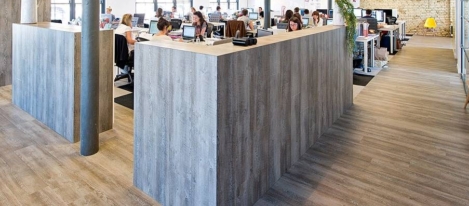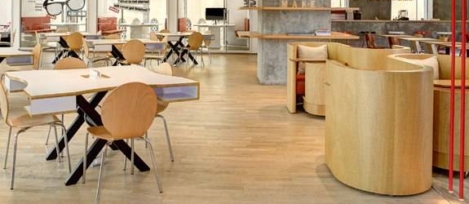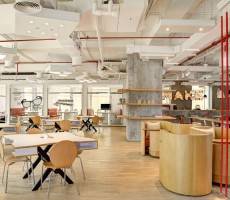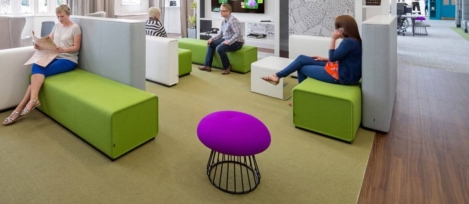February 15, 2016
Employers must meet productivity challenges of paying Living Wage 0
 A quarter of private sector employees will be directly affected by the implementation of the new National Living Wage, (NLW) over double the proportion of public sector employees. The research, conducted by the Social Market Foundation in partnership with Adecco Group UK & Ireland, warns these employers will need to overcome significant productivity challenges in order to cope with the cost. The NLW cut-off at age 25 means businesses will be faced with potential discrepancies in wages across their younger workforce. While almost a fifth (18 percent) of employees who will benefit from the NLW are younger workers surprisingly, workers aged 50 or over will make up a third. Part-time workers make up around half of the workforce in severely affected workplaces. The research also found that the workplaces severely affected by new National Living Wage tend to have low-skilled employees and are much less likely to offer in-work training.
A quarter of private sector employees will be directly affected by the implementation of the new National Living Wage, (NLW) over double the proportion of public sector employees. The research, conducted by the Social Market Foundation in partnership with Adecco Group UK & Ireland, warns these employers will need to overcome significant productivity challenges in order to cope with the cost. The NLW cut-off at age 25 means businesses will be faced with potential discrepancies in wages across their younger workforce. While almost a fifth (18 percent) of employees who will benefit from the NLW are younger workers surprisingly, workers aged 50 or over will make up a third. Part-time workers make up around half of the workforce in severely affected workplaces. The research also found that the workplaces severely affected by new National Living Wage tend to have low-skilled employees and are much less likely to offer in-work training.















 TechNorth, the Manchester based technology hothouse devised as a regional counterbalance to London, is held in higher regard than the capital’s flagship TechCity development, according to research from recruitment firm Robert Half. The study of IT decision makers across the UK claims that the vast majority would prioritise working with Northern firms over their London counterparts, with 87 percent either ‘highly likely’ or ‘somewhat likely’ to place work with IT businesses in the TechNorth hub rather than those in TechCity London given the choice. The figure is 100 percent for IT leaders based in the North and to 95 percent for those in Scotland. More surprisingly, 80 percent of those based London and the South East said they would prioritise TechNorth, as did 75 percent in the South West and Wales.
TechNorth, the Manchester based technology hothouse devised as a regional counterbalance to London, is held in higher regard than the capital’s flagship TechCity development, according to research from recruitment firm Robert Half. The study of IT decision makers across the UK claims that the vast majority would prioritise working with Northern firms over their London counterparts, with 87 percent either ‘highly likely’ or ‘somewhat likely’ to place work with IT businesses in the TechNorth hub rather than those in TechCity London given the choice. The figure is 100 percent for IT leaders based in the North and to 95 percent for those in Scotland. More surprisingly, 80 percent of those based London and the South East said they would prioritise TechNorth, as did 75 percent in the South West and Wales.















September 24, 2015
Weighing up the pros and cons of the BREEAM environmental standard 0
by Charles Marks • Comment, Environment, Facilities management, Workplace design
(more…)